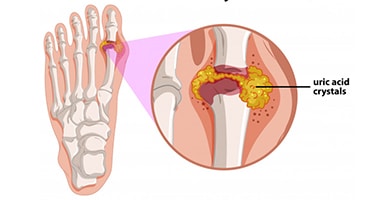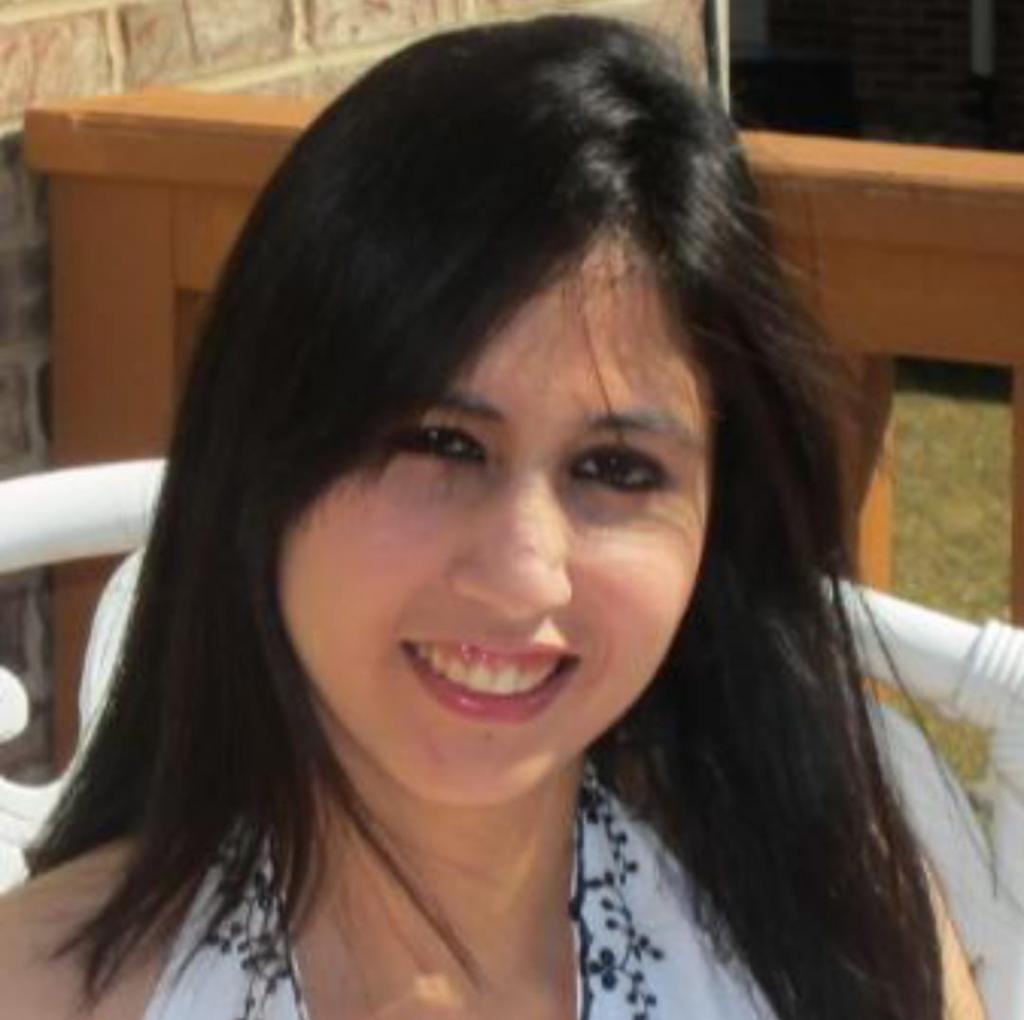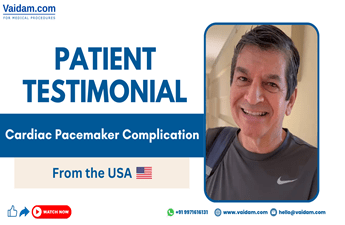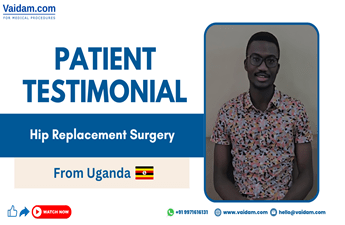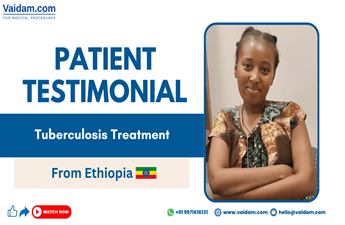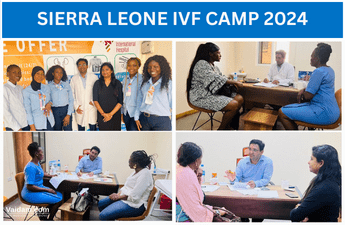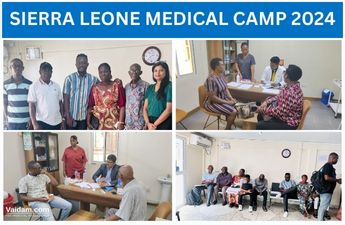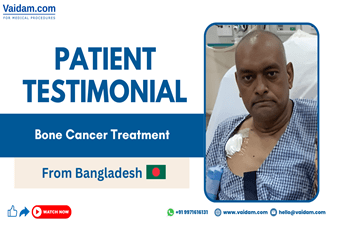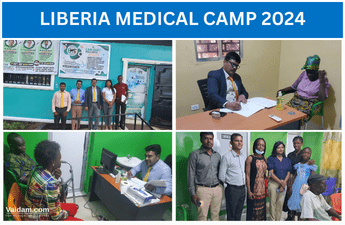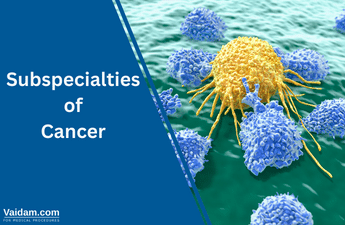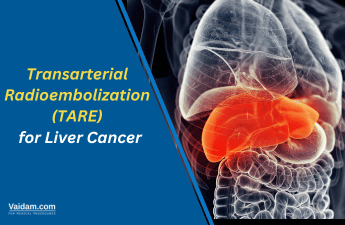Dr Hayani Abdul Wahid is a Medical oncologist with a lot of experience. She contributes her knowledge to several hospitals in Melaka. She is a Clinical Oncology National Specialist Register member. She speaks English, Bahasa Melayu, and Bahasa Indonesia fluently. she is currently associated with Pantai Hospital Ayer Keroh, Malacca which is one of the top leading hospitals in Malaysia.
Dr Wahid graduated from the University of Western Australia with a Bachelor of Medicine and Bachelor of Surgery (MBBS) in 2000 and a Master of Clinical Oncology from the University of Malaya in 2010. She is an active member of the Academy Medicine Malaysia and the European Society of Medical Oncology. she has work experience as a Consultant at Pantai Hospital Ayer Keroh in Malacca and Mahkota Medical Centre in Melaka
Get in Touch with Medical Experts
List of treatment provided by Dr Hayani Abdul Wahid
- Chemotherapy
- Acute Lymphocytic Leukemia - ALL in Adults
- Breast Biopsy
- Hairy Cell Leukemia - HCL
- Bile Duct Cancer Treatment
- Bladder Cancer Treatment
- Breast Cancer-Surgical
- Cancer in Children
- Radiotherapy
- Bone Marrow Cancer
- Cancer Treatment
What is Bone Marrow Cancer?
The sponge-like substance inside your bones is called marrow. Stem cells, which may turn into red blood cells, white blood cells, and platelets, are found deep inside the marrow. When cells in the marrow begin to grow improperly or at an accelerated rate, bone marrow cancer develops. Bone marrow cancer, often known as blood cancer, is a kind of cancer that begins in the bone marrow. Other cancers can spread to your bones and bone marrow, but they aren't the same as bone marrow cancer.
Types
Blood and bone marrow cancers come in a variety of forms.
Multiple Myeloma: When the body creates too many plasma cells, myeloma develops. Certain white blood cells escape the bone marrow and develop in other places of the body in the normal course of events. Some of these cells mature into plasma cells, which create antibodies, which travel through the circulation to assist the body in eliminating harmful substances. The body's plasma cells come in a variety of shapes and sizes, allowing them to respond to a wide range of substances. When plasma cells are involved in cancer, the body produces an increasing number of these cells. Myeloma cells are unnecessary plasma cells that are all abnormal and similar. They can build up in the bones and create tumours or other issues.
Leukaemia: White blood cells are generally involved in leukaemia. The body creates aberrant blood cells that do not die properly. They swarm regular white blood cells, red blood cells, and platelets as their numbers increase, interfering with their capacity to function. Acute leukaemia is characterised by immature blood cells known as blasts, and symptoms can develop fast. More developed blood cells are involved in chronic leukaemia. Because the symptoms are often modest at first, you may not realise you have had it for years.
- ALL (acute lymphocytic leukaemia) is a kind of leukaemia that is more frequent in youngsters than in adults.
- Acute myeloid leukaemia (AML) is more frequent in elderly persons, although it can also affect youngsters.
- CLL (chronic lymphocytic leukaemia) is slow-growing leukaemia that develops in lymphocytes, a kind of white blood cell. It is more frequent in elderly people.
- CML (chronic myeloid leukaemia) is an uncommon form of leukaemia. It begins in the bone marrow and spreads throughout the body, including the blood and other tissues.
- Chronic myelomonocytic leukaemia (CMML) is a kind of leukaemia that develops in the cells of the bone marrow that make other blood cells. It typically affects people in their sixties and seventies.
Lymphoma: Cancer occurs in lymphocytes in persons with lymphoma, which circulate in the blood and lymph tissue after being produced in the bone marrow. Lymphoma may develop in a variety of locations across the body, including the bone marrow.
Lymphoma is divided into two types: non-Hodgkin lymphoma and Hodgkin lymphoma
- Non-Hodgkin lymphoma: This form of lymphoma affects many distinct types of lymphocytes and can develop anywhere in the body.
- Hodgkin lymphoma: Another malignancy that affects lymphocytes is Hodgkin lymphoma. The presence of a specific sort of aberrant cell termed a Reed-Sternberg cell distinguishes it from non-Hodgkin lymphoma.
Diagnosing Bone Marrow Cancer
Your doctor will evaluate your medical history and do a thorough physical examination if you show indicators of bone marrow malignancy.
Diagnostic testing may include the following, depending on the findings and your symptoms:
- Complete blood count, chemical profile, and tumour markers are examples of blood testing.
- Urine tests to measure kidney function and monitor protein levels
- To seek for signs of tumours, imaging procedures such as MRI, CT, PET, and X-ray are used.
- To screen for malignant cells, a biopsy of the bone marrow or an enlarged lymph node is performed.
The biopsy findings can confirm a bone marrow diagnosis and reveal information about the kind of malignancy. Imaging examinations can reveal how far cancer has gone and which organs have been impacted.
Treatment for Bone Marrow Cancer
Treatment for bone marrow cancer is determined by several criteria, including the size and kind of disease, as well as the patient's age and overall condition. A cancer care team will customise therapy to match the individual's medical needs.
Following a diagnosis of bone marrow cancer, a doctor or oncologist will go over all of the treatment options with the patient. They could suggest particular therapies to get rid of cancer, prevent it from spreading, or reduce the symptoms so you can live more comfortably and enjoy your life.
Types of Treatment Include:
Radiation therapy: To stop cancer cells from growing and spreading, this therapy involves delivering radiation directly to them. An oncologist, a cancer expert, may employ a machine that uses a high-powered beam of radiation to target the damaged bone marrow.
The doctor may propose complete body irradiation if cancer has spread throughout the body. A specialised machine will be used by the cancer care team to immerse an individual in radiation. This irradiation is frequently used in conjunction with chemotherapeutic medications to prepare for a bone marrow transplant. Following complete body irradiation, a person may need to stay in the hospital for many days.
Immunotherapy: To battle leukaemia, this treatment, also known as biologic therapy, employs medications to increase your body's natural defence mechanism, your immune system. Interferon, interleukins, and CAR-T cell treatment are examples of immunotherapies.
Bone marrow transplant: Transplantation of bone marrow. A stem cell transplant, often known as a bone marrow transplant, is a treatment that replaces damaged bone marrow with healthy bone marrow. Blood-forming stem cells are taken from your blood before a bone marrow transplant. The damaged bone marrow is subsequently destroyed with large doses of chemotherapy. The stem cells are then injected into your body, where they go to your bones and begin the process of rebuilding your bone marrow.
Chemotherapy: Chemotherapy is a systemic treatment that seeks for and kills cancer cells throughout the body. Depending on the type of cancer you have, your doctor will prescribe a medicine or a combination of treatments.
Know more about chemotherapy
Chemotherapy is a medicinal treatment that employs strong chemicals to kill your body's fast-growing cells.
Chemotherapy is most commonly used to treat cancer because cancer cells grow and proliferate significantly faster than the rest of the body's cells.
Chemotherapy medications come in a variety of forms. Chemotherapy medications can be used to treat a wide range of malignancies, either alone or in combination.
Chemotherapy is an effective treatment for many forms of cancer, but it also comes with a risk of adverse effects. Some chemotherapy side effects are minor and controllable, while others can be life-threatening.
Some chemotherapy medications are effective in the treatment of various disorders, such as bone marrow diseases. A bone marrow transplant, also known as a stem cell transplant, can be used to treat diseases that affect the bone marrow and blood cells.
- Chemotherapy is frequently used to aid in the preparation of a bone marrow transplant.
- Disorders of the immune system In disorders like lupus and rheumatoid arthritis, lower dosages of chemotherapeutic medicines can help manage an overactive immune system.
Chemotherapy not only kills or slows the growth of cancer cells, but it also kills or slows the growth of healthy cells. Cells that line your lips and intestines, as well as those that help your hair to grow, are examples. Side effects from damage to healthy cells include mouth sores, nausea, and hair loss. After you've done chemotherapy, your side effects should improve or disappear.

